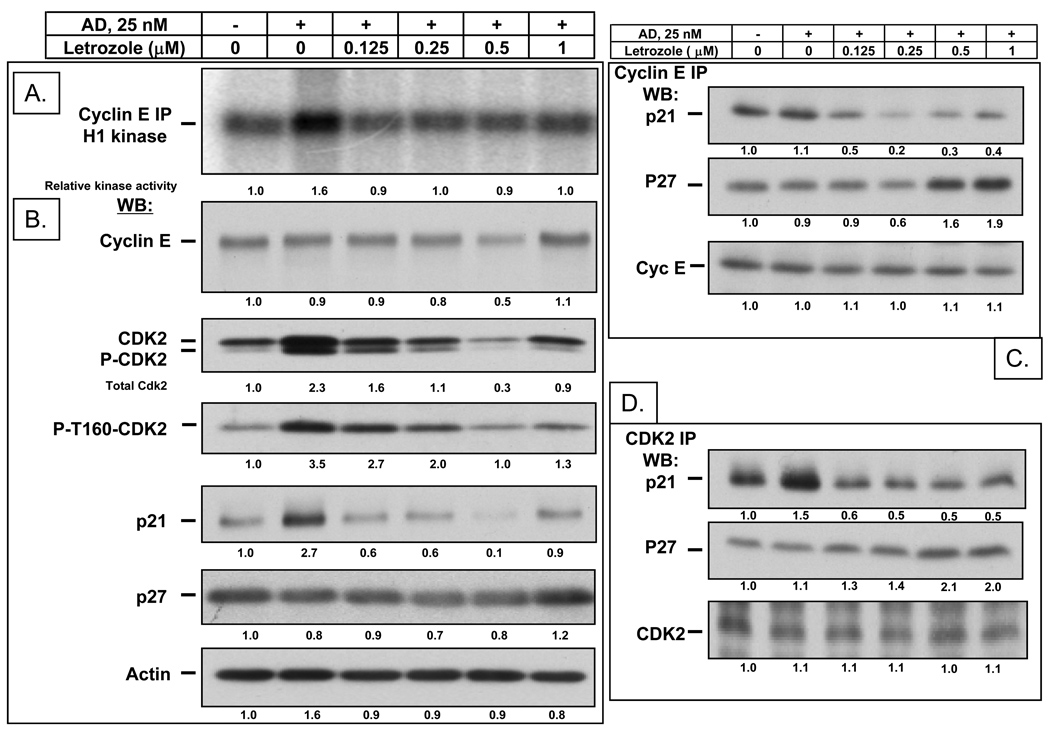Figure 3. In vitro antiproliferative effect of increasing concentrations of letrozole in the presence of 25 nM AD on MCF-7/Ac1 human breast cancer cells.
(A), Letrozole blocks the AD-induced increase in cyclin E-associated kinase activity in MCF-7/Ac1 cells. MCF-7/Ac1 cells were treated with the indicated concentrations of letrozole and AD for 3 days. Cyclin E kinase assays were performed by immunoprecipitating equal amounts of cell lysate (250 µg) with monoclonal antibodies to cyclin E coupled to protein A beads, using histone H1 as substrate. (B) Letrozole blocks the AD-induced increase in CDK2 protein levels. The same cell lysates were subjected to western blot analysis (50 µg of protein) with the indicated antibodies. (C) Letrozole induced increased binding of p27 to cyclin E complexes. The same cell lysates were first immunoprecipitated with cyclin E followed by western blot for p21 and p27. (D) Letrozole induced increased binding of p27 to CDK2 complexes. The same cell lysates were first immunoprecipitated with CDK2 followed by western blot for p21 and p27. The levels of proteins were measured by densitometric scanning of the corresponding bands and normalized using actin values. The values indicated at the bottom were compared to the values obtained with untreated cells.

